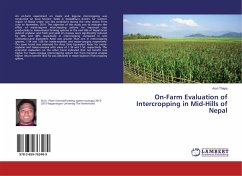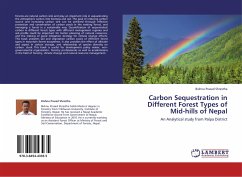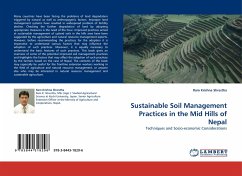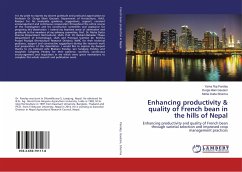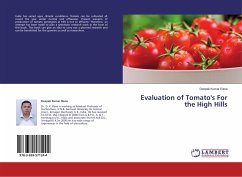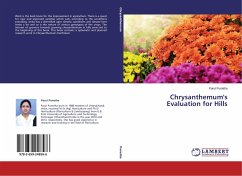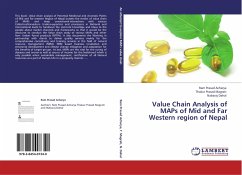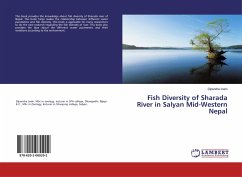An on-farm experiment on maize and legume intercropping was conducted on local farmers' fields in Dadeldhura district, far western region of Nepal under rain fed conditions during the rainy season from June to November, 2014. The objective of this study was to evaluate the effect of maize-legume intercropping systems for improved crop productivity in maize-based farming systems in the mid hills of Nepal.Grain yield of soybean and fresh pod yield of cowpea were significantly reduced by 58% and 46% respectively in intercropping compared to sole cultivation.Land Equivalent Ratio was greater than one in intercropping systems, 1.54 and 1.66 for maize-soybean and maize-cowpea respectively. The same trend was observed for Area Time Equivalent Ratio for maize-soybean and maize-cowpea with value of 1.39 and 1.54, respectively. The economic evaluation on the other hand indicated that net benefit was higher for maize-cowpea intercropping system but from marginal analysis higher return benefit (832 %) was obtained in maize-soybean intercropping system.

